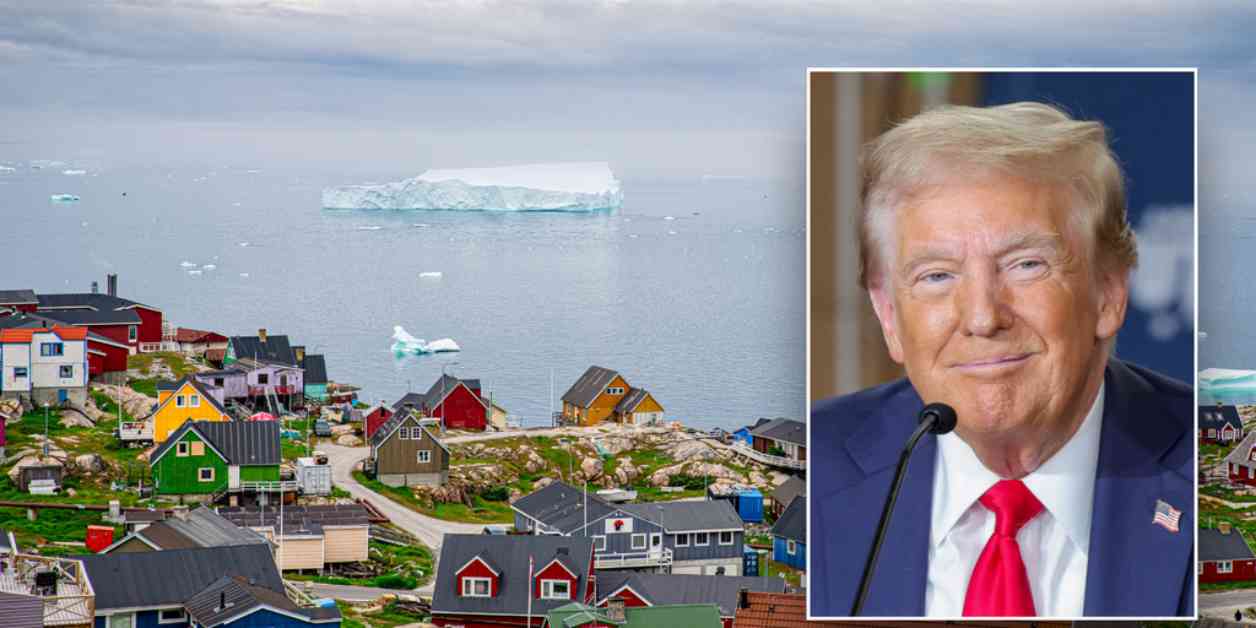Donald Trump Jr. Visits Greenland Amid Heightened Tensions
In a surprising move, Donald Trump Jr. made a visit to Greenland this week, sparking a wave of speculation and debate surrounding the island’s future. President-elect Donald Trump’s recent comments about the strategic significance of Greenland have raised concerns about potential military or economic coercion to gain control of the Arctic territory.
Greenland’s Role in US National Security
During a press conference at Mar-a-Lago, President-elect Trump emphasized the importance of Greenland for national security, highlighting the need to protect the free world. This statement comes amidst growing tensions between the United States and Denmark, with Trump not ruling out the use of military force to secure Greenland.
Denmark’s Prime Minister, Mette Frederiksen, has reiterated that Greenland is not for sale, emphasizing the autonomy and sovereignty of the Greenlandic people. The island’s residents are set to vote later this year on whether to remain a part of Denmark or pursue independence, positioning Greenland at a critical crossroads in international relations.
Strategic Implications of Greenland’s Resources
Greenland’s abundance of rare earth minerals has attracted global attention, with implications for the defense industry, clean energy economy, and semiconductor manufacturing. The island’s strategic location in the Arctic region has made it a focal point for US military operations, serving as a crucial base for tracking incoming missiles and satellites.
Historically, Greenland has played a pivotal role in US-Soviet relations, particularly during the Cold War era when the Arctic served as a primary route for strategic nuclear exchanges. The presence of the Pituffik Space Force Base, the northernmost US military installation, underscores Greenland’s significance in global security and defense strategies.
International Competition and Climate Change
As temperatures rise in the Arctic, access to Greenland’s resources becomes increasingly viable, prompting competition from global powers like China and Russia. China’s ambitions in the Arctic, including infrastructure development and shipping lane projects, pose challenges to US and NATO interests in the region.
The rapid melting of Arctic ice has opened up new opportunities for resource exploitation, raising concerns about territorial disputes and geopolitical tensions. The US, NATO, and allied nations are closely monitoring China and Russia’s activities in the Arctic to prevent any potential threats to regional stability.
In conclusion, Greenland’s future remains uncertain as geopolitical rivalries intensify, underscoring the complex interplay of national security, resource competition, and climate change in the Arctic region. The ongoing debate over Greenland’s status reflects broader challenges facing the international community in balancing strategic interests with environmental preservation and territorial sovereignty.





















